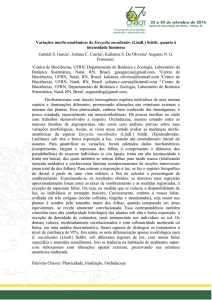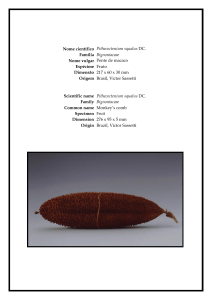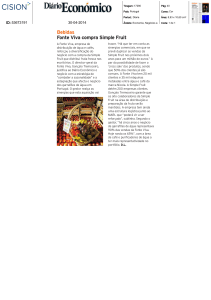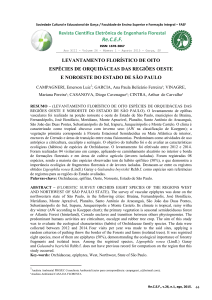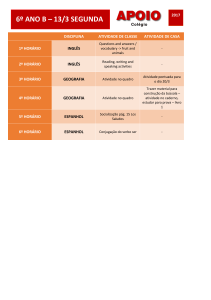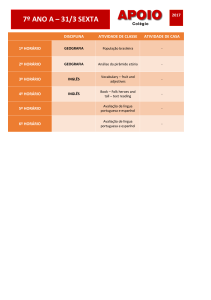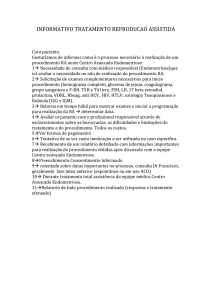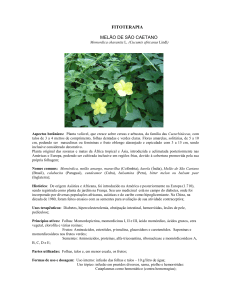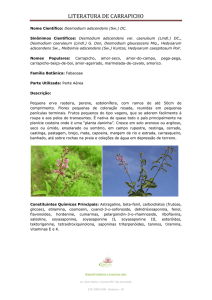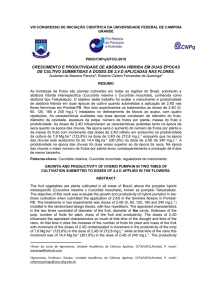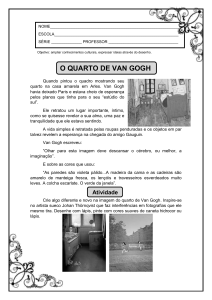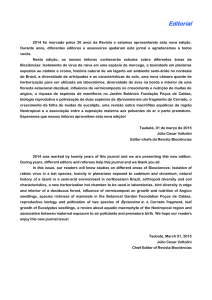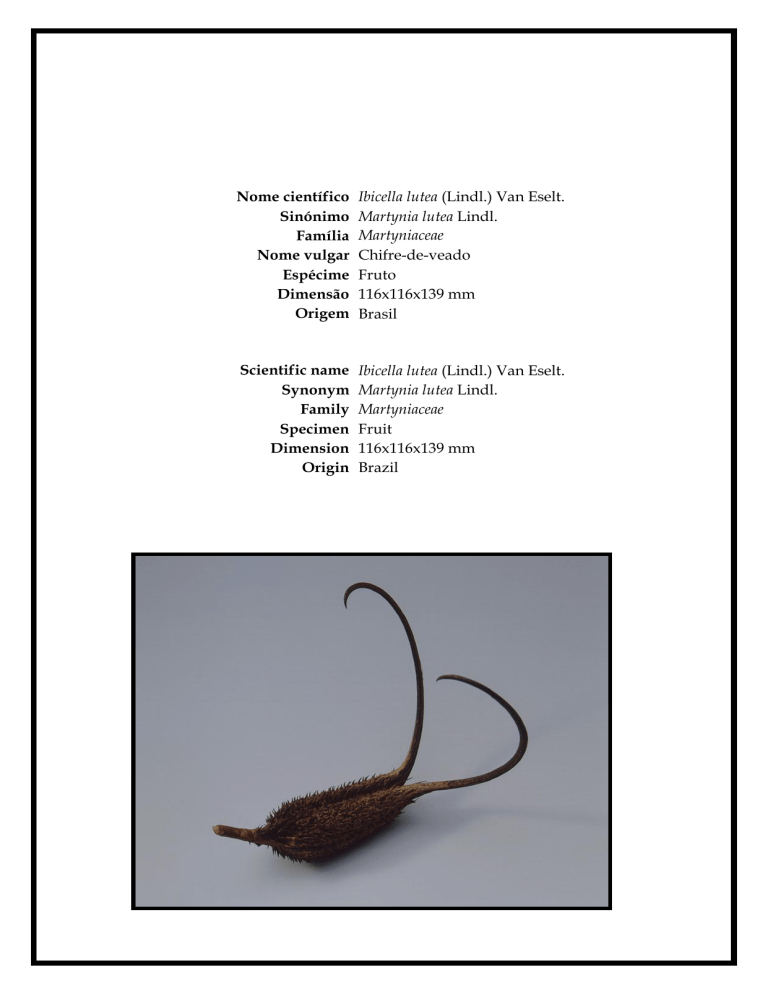
Nome científico
Sinónimo
Família
Nome vulgar
Espécime
Dimensão
Origem
Ibicella lutea (Lindl.) Van Eselt.
Martynia lutea Lindl.
Martyniaceae
Chifre-de-veado
Fruto
116x116x139 mm
Brasil
Scientific name
Synonym
Family
Specimen
Dimension
Origin
Ibicella lutea (Lindl.) Van Eselt.
Martynia lutea Lindl.
Martyniaceae
Fruit
116x116x139 mm
Brazil
Ibicella lutea (Lindl.) Van Eselt.
A esta espécie pertencem plantas anuais, herbáceas, pubescente-glandulosas,
com folhas espessas, largamente ovadas ou subcordadas, e flores amarelas. O
fruto é uma cápsula prolongada no ápice pelo estilete persistente, que adquire a
forma de um pequeno gancho. Desta particularidade deriva o nome do género,
Ibicella, que significa em latim pequeno bode, numa referência à forma
particular do fruto. Esta forma favorece a dispersão dos frutos por pequenos
mamíferos que, ao tocar na planta, ficam com os frutos agarrados à pelagem e
assim os transportam a distâncias consideráveis.
Nativa da América do Sul, de uma área que se estende do Brasil à Argentina, é
uma planta de reduzido interesse económico. Os frutos podem ser consumidos
como pickles, à semelhança dos pepinos.
This species includes annual, herbaceous, pubescent-glandulose plants with
thick leaves, largely ovate or sub-cordate, and yellow flowers. The fruit is a
capsule pro- longed at the apex by a persistent style which takes on the form of
a small hook. This led to the name of the genus, Ibicella, which is the Latin for a
small goat, a reference to the particular shape of the fruit. This form favours its
dispersal by small mammals that, on touching the plant, are left with the fruits
hanging on their pelts, thus carrying them over considerable distances.
Native to South America, over a region that stretches from Brazil to Argentina,
the plant is of little economic interest. The fruits can be eaten as pickles, in the
manner of cucumber.
Em: Objectos Naturais – Metamorfoses da raiz, caule e folhas. Museu e Jardim Botânico da Universidade
de Lisboa, Pg. 219. Lisboa, Janeiro 1999.
In: Natural Objects– Metamorphosis of root, stem and leaves. Museu e Jardim Botânico da Universidade
de Lisboa, Pp. 219. Lisbon, January 1999.

